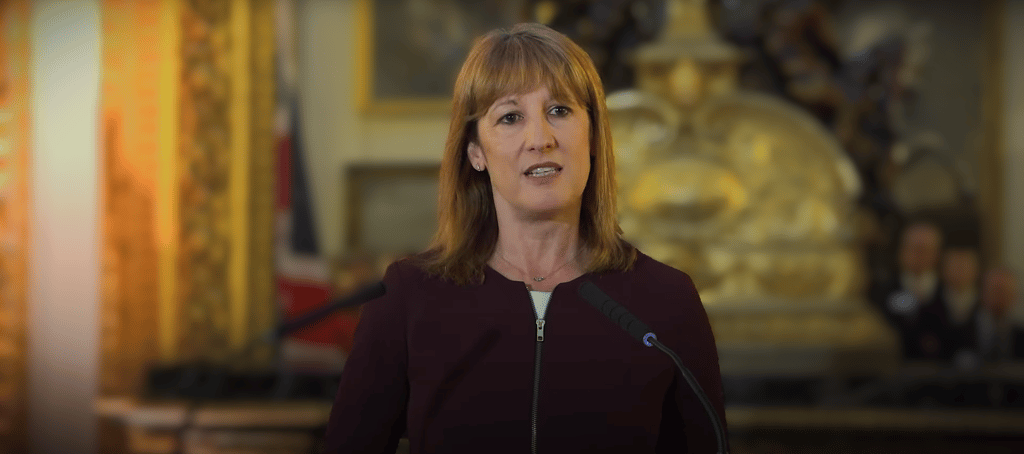UK Budget Challenge Grows: Rachel Reeves Faces Record Borrowing – 19 Sept 2025
UK Chancellor Rachel Reeves confronts soaring public borrowing and a widening deficit, making the November 2025 budget her toughest fiscal test yet.
Raja Awais Ali
9/19/20252 min read


UK Budget Pressure Mounts: Rachel Reeves Faces Growing Fiscal Challenge
Britain’s Chancellor of the Exchequer Rachel Reeves is under intensifying pressure as she prepares the November 2025 budget.
Public borrowing has surged far beyond forecasts, creating a major obstacle to meeting the government’s fiscal rules and keeping the economy stable.
From April to August 2025, UK public-sector borrowing reached £83.8 billion—around £11.4 billion higher than the Office for Budget Responsibility had projected.
This is the largest deficit for the first five months of a financial year since the immediate post-pandemic period.
In August alone, the government borrowed about £18 billion, well above economists’ expectations of roughly £12.5 billion.
The jump reflects heavier spending on public services, welfare benefits, and sharply higher interest payments on existing government debt.
Tax receipts, including value-added tax (VAT), have come in lower than planned, while departmental overspending and local-government shortfalls have widened the gap.
Together these factors are making it far harder for Reeves to balance the budget.
Independent analysts warn that if public-sector productivity does not improve as planned, an additional £18 billion fiscal hole could open.
Growth forecasts are also softening, reinforcing the need for tough spending controls and more efficient delivery of public services.
Under the UK’s own fiscal rules, the Chancellor must show that debt is falling as a share of GDP over the medium term.
The current level of borrowing makes that commitment difficult to honour.
Possible options now under discussion include targeted tax increases on areas such as inheritance, property, or high-value assets.
However, the government has already promised not to raise the basic rates of income tax, VAT, or National Insurance, limiting the room to manoeuvre.
Financial markets have reacted to the higher-than-expected borrowing with a weaker pound sterling and rising gilt yields, reflecting investor concerns over Britain’s fiscal outlook.
For Reeves, the choices are stark: cut spending further, find new revenue sources, and drive real efficiency across government, or risk missing her budget targets and undermining economic confidence.
The coming budget is shaping up to be the most severe test yet of both her political resolve and the UK’s fiscal strategy.
Stay informed with the latest national and international news.
© 2025. All rights reserved.